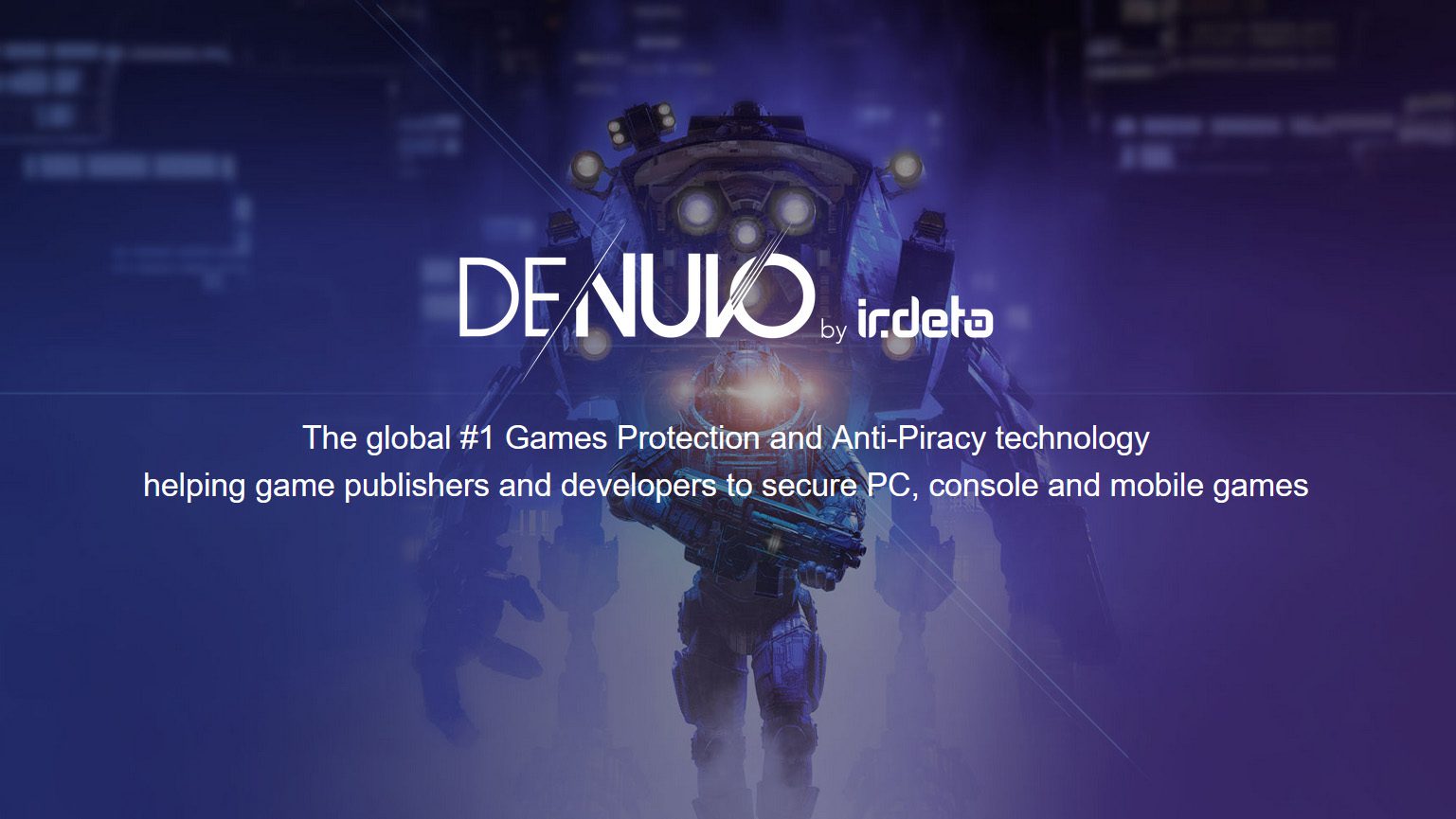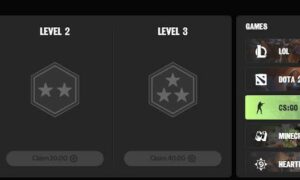The use of Denuvo remains high (and hotly debated) in 2025. Recent cases show different strategies: some titles launch with the DRM, like Digimon Story: Time Stranger; others roll it back, such as inZOI in Early Access and Kunitsu-Gami: Path of the Goddess, which removed the protection on its launch anniversary.
What Denuvo is (and why publishers still use it)
Maintained by Irdeto, Denuvo is an anti-tamper/DRM layer that makes modifying the executable harder and aims to protect the initial sales window. The vendor argues the integration “preserves performance and experience,” something the community doesn’t always agree with. For an ongoing panorama of titles that use or have removed the DRM, check this denuvo games list.
In practice, the business pitch is simple: if protection slows unauthorized distribution during the first weeks—when price is firm and marketing is at peak intensity—it can meaningfully affect revenue curves. Studios that ship across console and PC may also treat PC as the “variable” platform, where diverse CPUs, storage speeds, and drivers create more edge cases; some teams prefer to minimize unknowns early and revisit the stack after stability patches.
Recent examples that explain the moment
- Launches with DRM: Digimon Story: Time Stranger appears on Steam with the line “Includes 3rd-party DRM: Denuvo Anti-Tamper.” Even the listed demo carries the same indication.
- Removed before full launch: after player feedback, the developer of inZOI announced the removal of Denuvo from the Early Access build.
- Removed post-launch: Capcom took Denuvo out of Kunitsu–Gami in its anniversary update—a move well received and increasingly common after the “critical window” of sales.
These three paths—ship, reverse pre-launch, remove later—often exist within the same publisher’s slate, proving this isn’t an ideology so much as a toolkit. Timing matters: removals tend to coincide with major updates or date milestones, when engineering bandwidth and community sentiment are both aligned for change.
Performance: the main player concern
The discussion about performance impact is ongoing. There are public tests and reports pointing to FPS drops, CPU spikes, or stutter in specific cases (some mitigated by patches), while Irdeto states that when implemented correctly, the effect is negligible and concentrated in non-critical routines (like loading). Also in the conversation: first-run online activation, possible offline mode limits, and handheld use on devices like the Steam Deck. In short: it’s case by case, and public perception matters a lot.
That perception is shaped by how a game feels on typical hardware. If frame-time is ragged during traversal or shader compilation hitches persist, players will associate the problem with whatever changed most recently—often the DRM—regardless of root cause. Conversely, when day-one patches smooth hitching and storefront notes are clear, the conversation cools quickly.
Why it matters
For publishers, Denuvo can protect revenue in the first weeks; for PC players, performance, preservation, and modding weigh heavily. Denuvo DRM remains a controversial topic in 2025 as developers balance protection and player experience. The result in 2025 is a hybrid landscape: some titles arrive with protection active, others remove it along the way—usually tracking community pressure, commercial results, and maintenance costs.



































